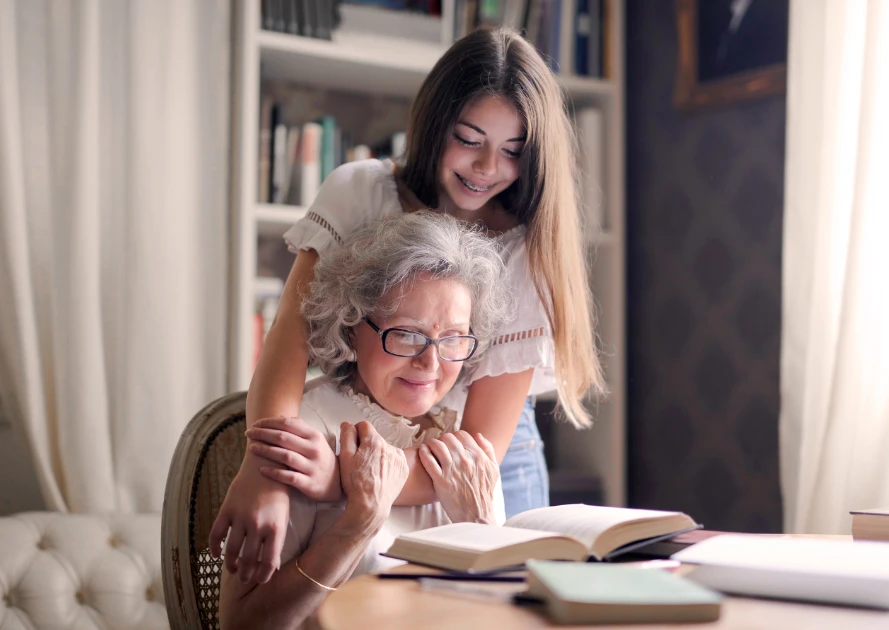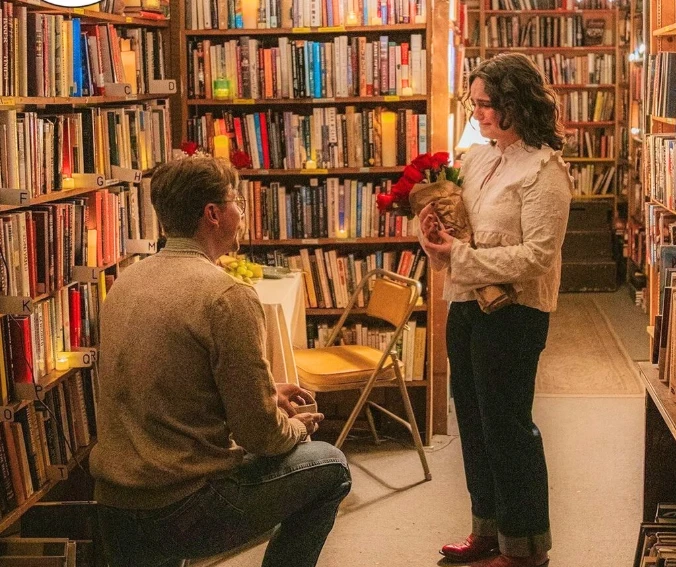Explore the mental health benefits of “grandma hobbies” like knitting, gardening, baking, and reading—and find calm, creativity, and connection.
The modern-day world is fast and unrelenting. We live in a digital world, filled with new tech and advancements on the daily, and yet… there’s a growing trend that seems to ignore all of that.
Traditional “grandma hobbies” like knitting, gardening, baking — and even a bit of old-fashioned reading — are growing in popularity.
But why? Well, it might be to do with our mental health!
The Therapeutic Power of Traditional Hobbies
It turns out your grandma might have been onto something all along. That repetitive click-clack of knitting needles? It might just be the cure to doom-scrolling.
“Grandma hobbies” like knitting, crocheting, gardening, and quilting are seeing an ABBA-level comeback, and not just because they make for a great TikTok aesthetic post. Apparently, they’re great for our mental well-being!
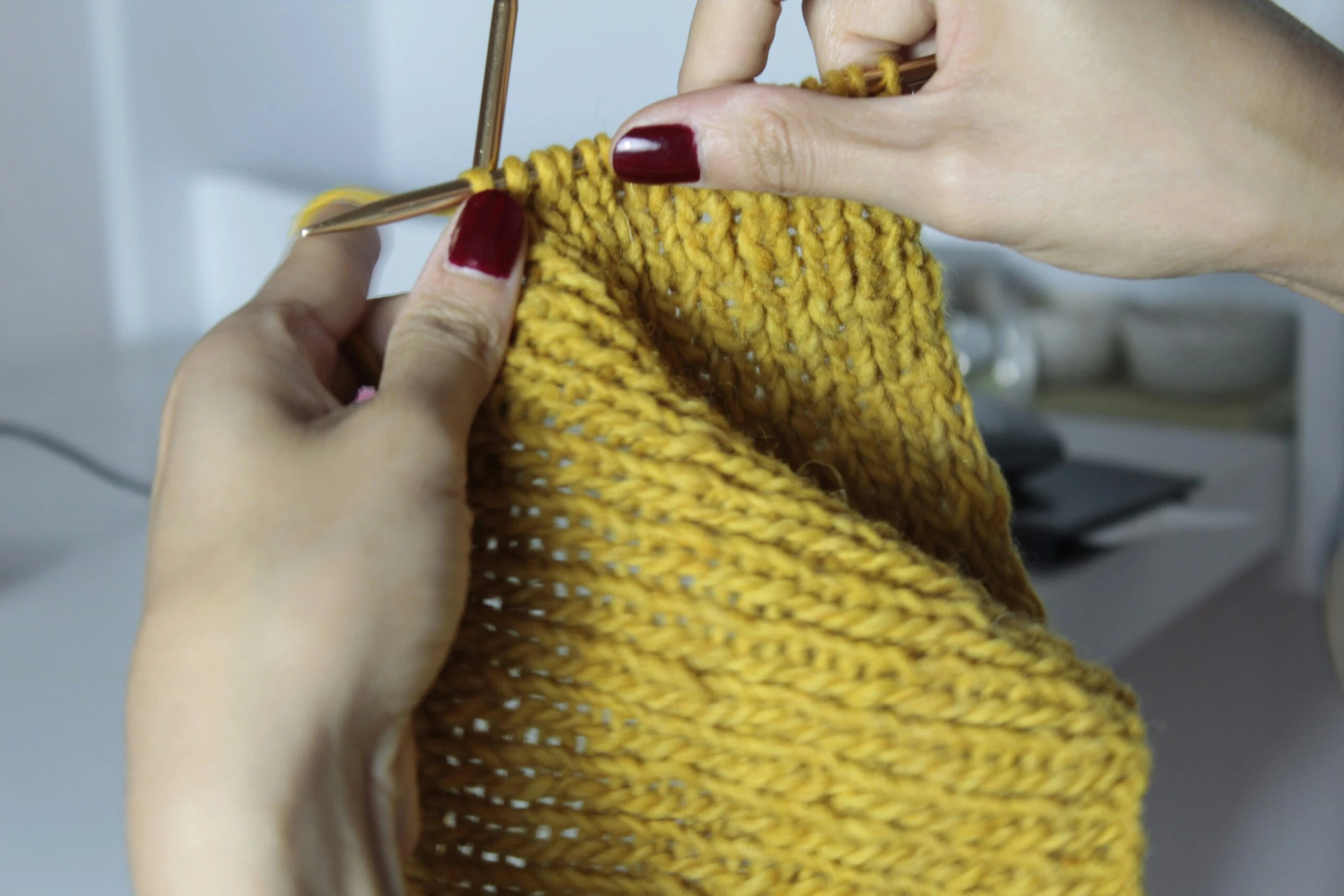
When you’re stitching a scarf or potting petunias, you’re not absorbing all of the world’s news from your phone or answering emails… instead, you’re locked in. The repetitive movements encourage a sense of mindfulness (which turns out to be more than just a buzzword), and they can produce a state of calm and focus.
Not only that, but when you complete a project, you get a big ol’ hit of dopamine that will make your brain do the happy dance. It doesn’t matter whether you’re harvesting your first tomato or perfecting a sourdough starter; they’ll both work just as well.
Cognitive Benefits: Keep Calm and Cable-Knit On
To you, watching a true crime documentary and cross-stitching is just multitasking. But actually, its really good for your brain. Not only is picking up a new hobby of any kind great, but one that involves patterns, sequences and some kind of mental gymnastics makes our brains really work. That’s why hobbies like reading, sewing, and gardening are all great. If you were to look at your brain under an MRI while you did any of those hobbies, it’d light up like a Christmas tree!
Things like knitting involves both hands, and therefore, both brain hemispheres. It uses bilateral movement which is linked to improved memory and problem-solving skills.
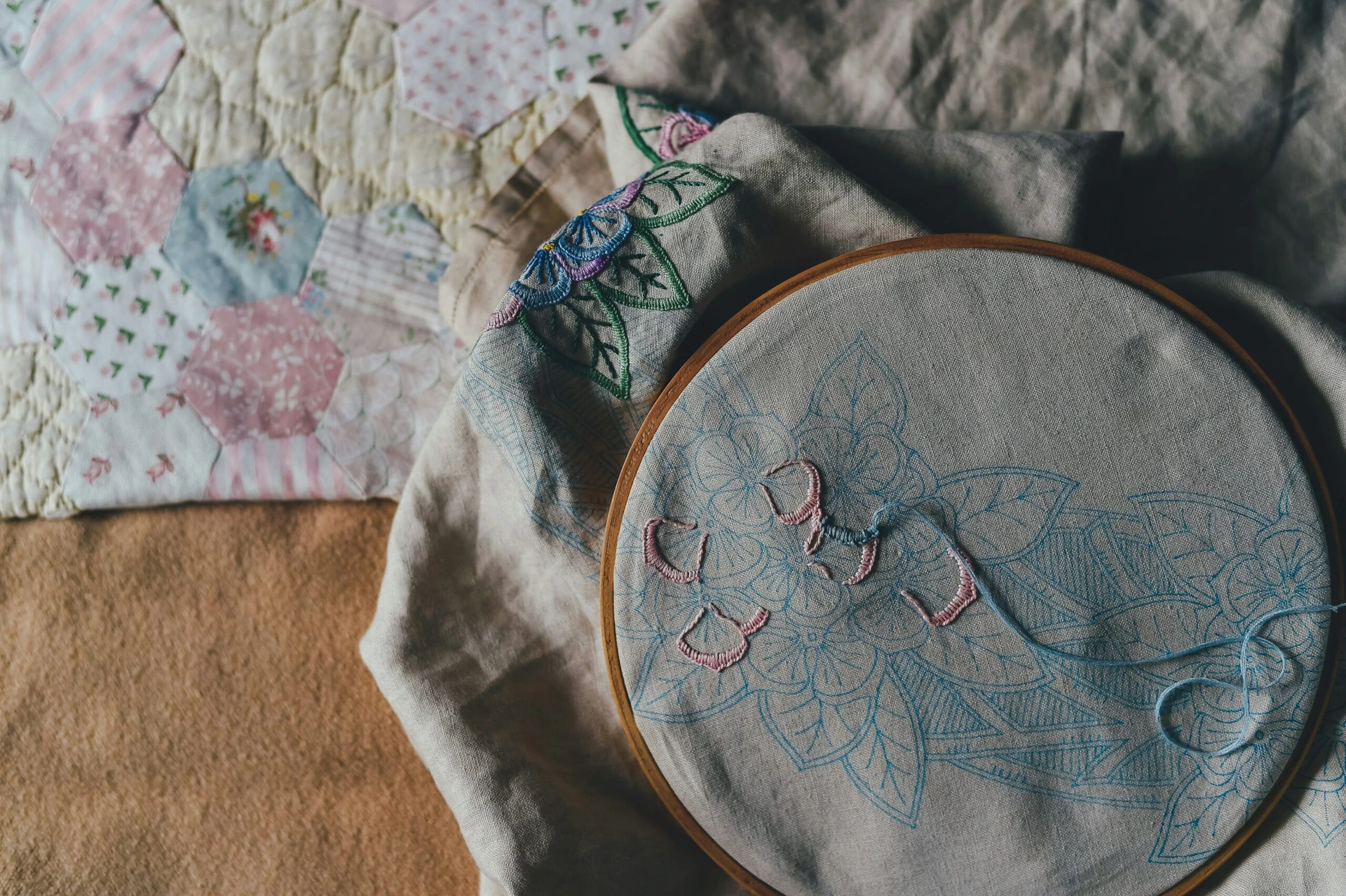
By regularly engaging in these sorts of activities, we can combat brain fog and cognitive decline. Just by remembering a new recipe, figuring out how to propagate a stubborn monstera or keeping track of what line you’re on, you can help your brain to create new connections.
And it doesn’t stop there. These hobbies are often used in things like trauma therapy, which aims to heal deep wounds that we often don’t realize are there. So it might be that, by making a blanket, you’re also making peace.
Social Connections Through Shared Interests
Today’s hobbyists are building whole communities around their shared love for the analog life. From online crochet forums to local gardening clubs, there’s a place for everyone to plug in… and for once, that doesn’t involve a charger.
These social spaces are more than just fun, though. For many people, they’re lifelines. Across the world, in all sections of society, loneliness is a growing mental health crisis. Shared hobbies are an organic, joyful way to connect with others that can really help to combat this. Whether you’re bonding over sourdough starters or swapping embroidery patterns, you’re creating connections that matter.
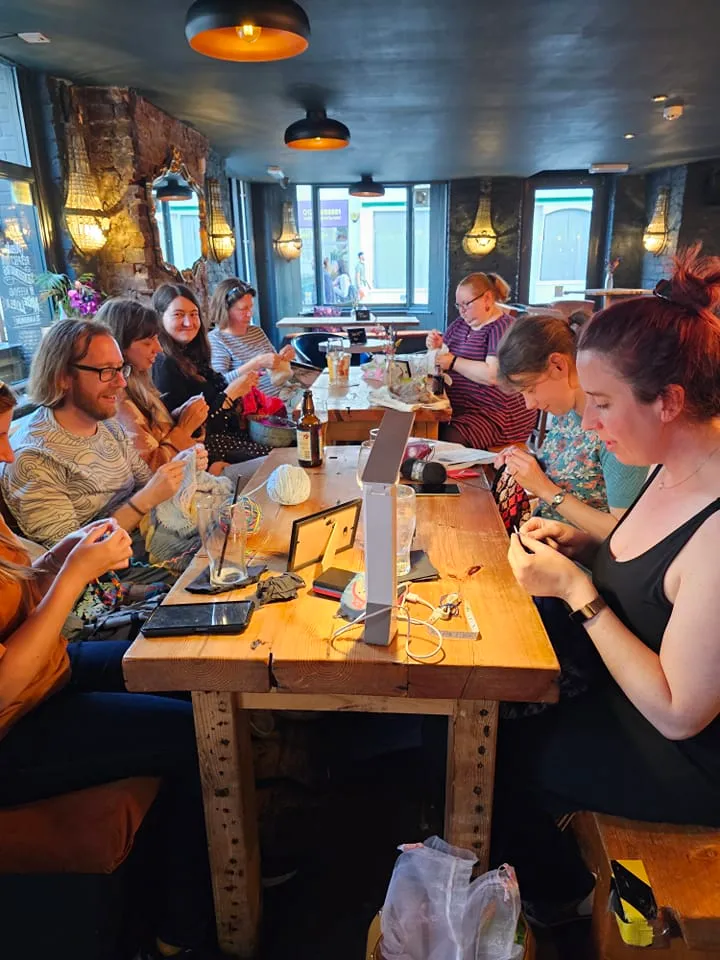
This exact principle is the core principle behind events like the “Stitch & B*tch”, and all of your favorite book clubs. These casual crafting meetups are like therapy with yarn, laughter, and maybe a glass of wine. You leave with a finished project, a lighter heart, and a few new friends. Or, if painting is more your thing, there are “Paint and Sip” classes everywhere these days, too.
Which Hobbies Promote Lifelong Wellbeing? (Hint: One Of Them Involves Books)
It’s all well and good referring to these hobbies as “grandma hobbies”, but what actually is a grandma hobby? What should you try your hand at to promote cognitive development and happiness?
Well, there are a few.
We’ll start, though, with our favorite. Reading is a great way to promote mental stimulation, to relax, and to learn. It’s a hobby that often gets overlooked, just like plenty of these “grandma” hobbies, but we book-lovers know well enough just how fulfilling it is. By reading, we are exercising our imaginations, learning new facts, digesting new words, all while we allow ourselves to shut off from the outside world. Locking into a good book is just as satisfying as any other grandma hobby!
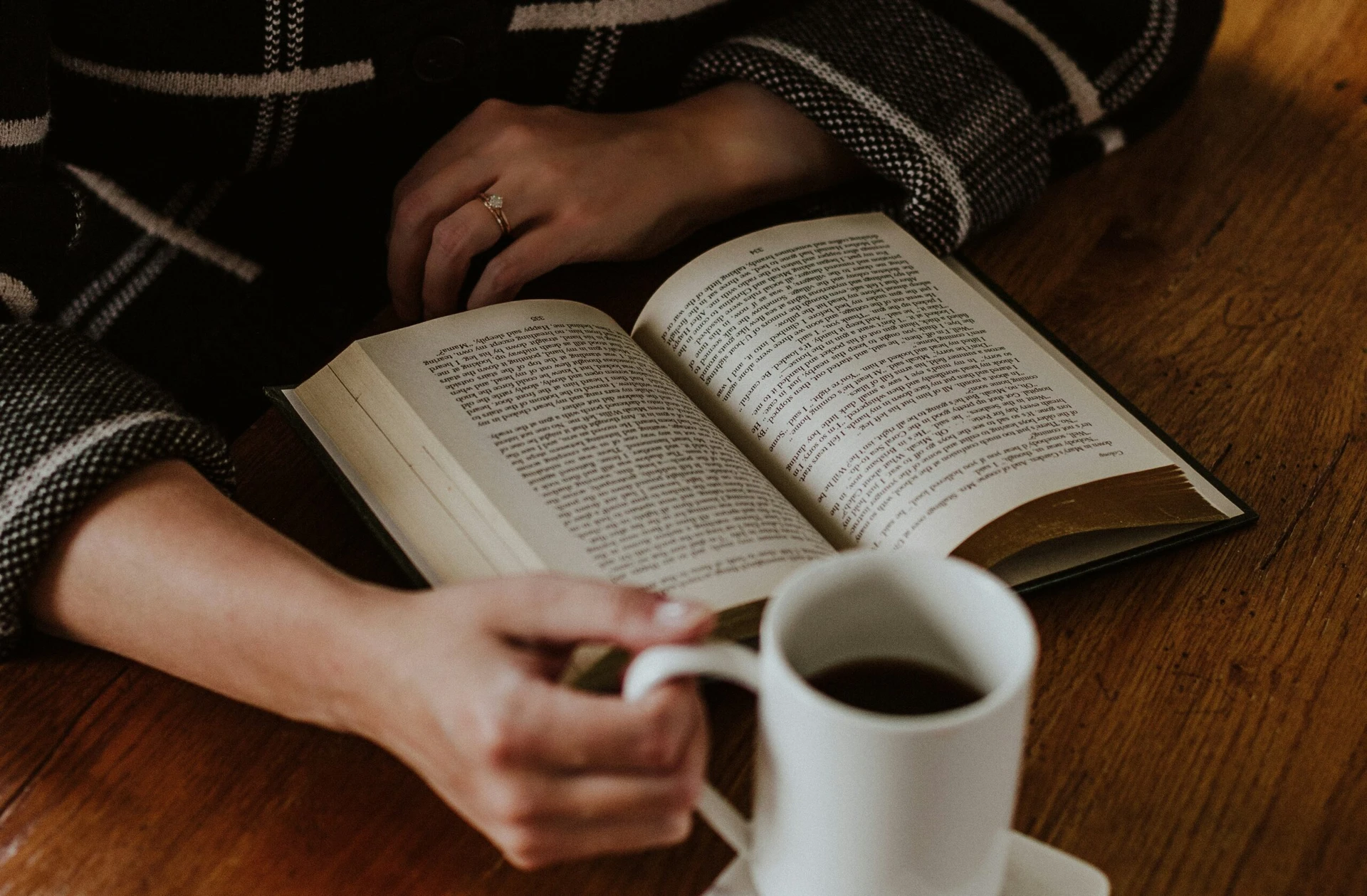
Plus, if you like audiobooks, you can do more than just read. Play your favorite audiobook and pick up another grandma hobby for ultimate relaxation and stimulation—-your brain will thank us!
Take gardening, for example. You’re outside, moving your body, soaking up sunshine (hello, vitamin D~), and getting your hands dirty in the most satisfying way. That’s a trifecta of wellness benefits.
Alternatively, how about baking? The alchemy of turning flour, eggs, and love into something delicious is nothing short of magic, and science agrees. Studies show that cooking can reduce anxiety and enhance mood, especially when shared with others. Besides, it’s hard to argue with the appeal of fresh baked goodies. Find a new recipe on TikTok or Instagram, and you’re good to go.
If that’s not your vibe, there are the different types of needlecraft; you could be a secret crochet mastermind, or perhaps cross stitch will be your newfound glory. All you need to do is head to your local craft store and pick up some thread, yarn, and the right needles! With all sorts of hacks and how-to guides online, you’ll be spoilt for choice.

In a world obsessed with instant gratification, these hobbies teach patience and persistence, and they give us a chance to really slow down. Sure, your first cross-stitch might be lopsided, your sourdough might come out like a brick, but that’s part of the charm. You improve, you grow, and, most importantly, you enjoy the ride.
Join our community of 1.5M readers
Like this story? You'll love our free weekly magazine.





